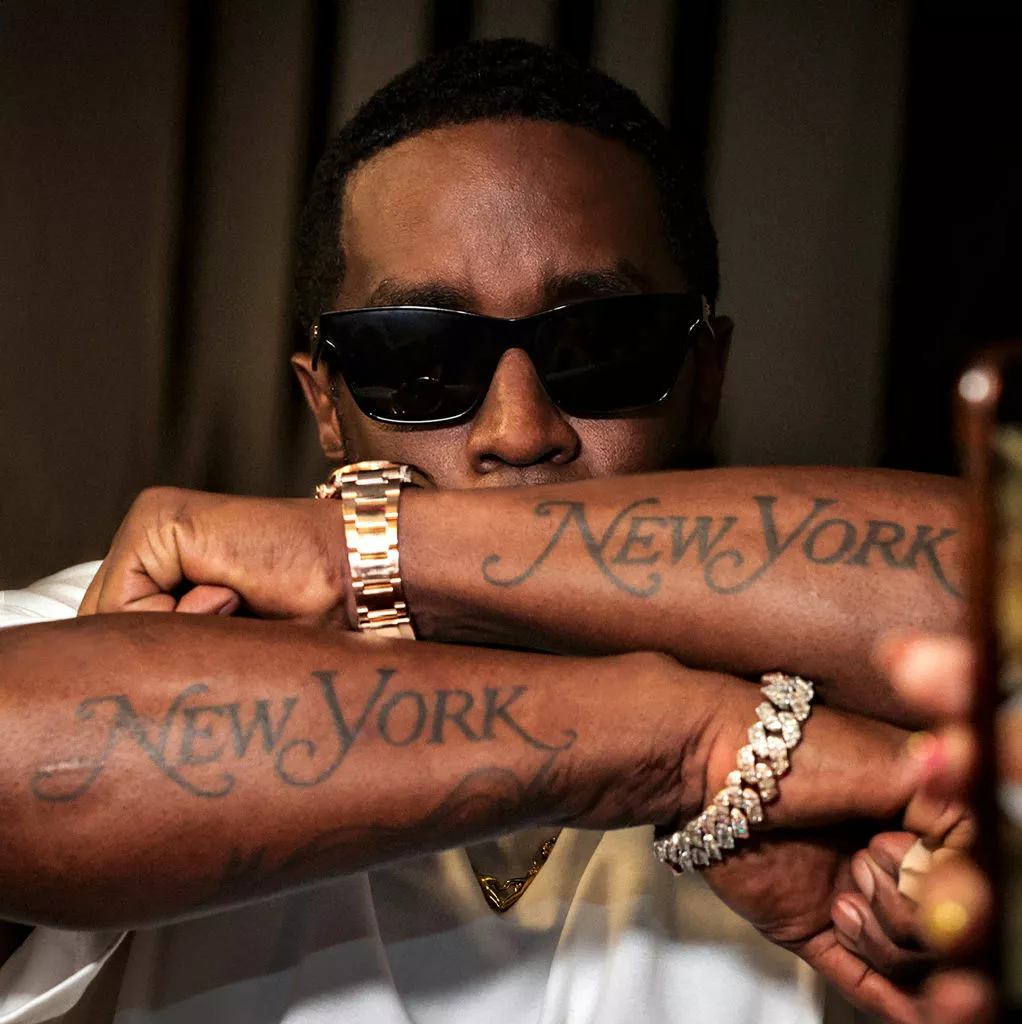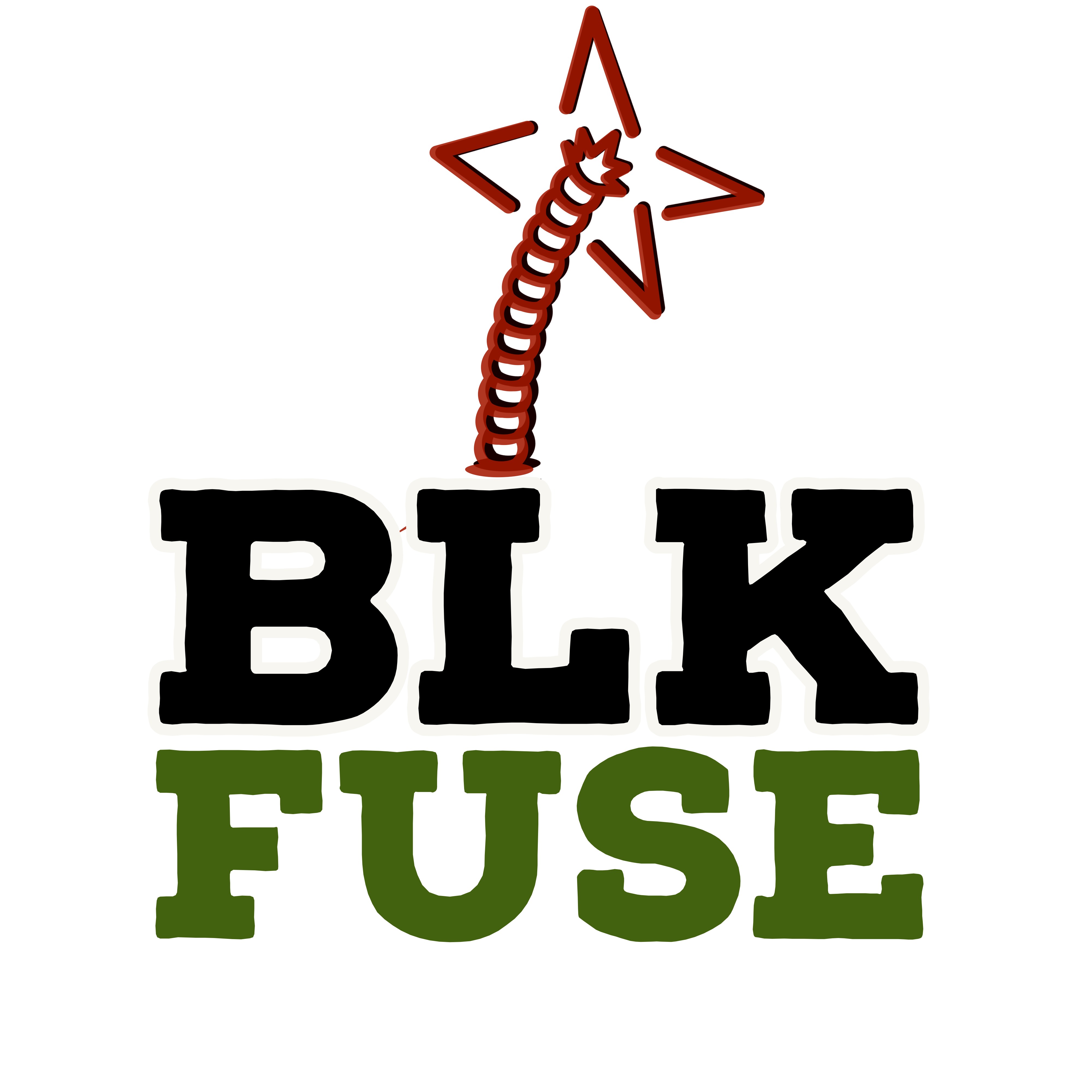
Since the September 2024 arrest of Sean “Diddy” Combs, the question echoing around water coolers, spades tables, and the all-knowing group chats of TikTok-certified scholars has been disturbingly simple: Can you go to jail for being freaky?
It’s of course not that clear-cut considering that he’s been accused of using his wealth, power, and influence to coerce women into non-consensual sex acts, and as the jury comes to the end of the second day of deliberations with a note to the judge, “We have jurors with unpersuadable opinions on both sides”, the public is left to unpack a case that blurs the lines between celebrity, consent, and criminality.

And to be clear, Combs isn’t the first, nor will he be the last, powerful man in Hollywood accused of monstrous behavior. But this case? It hits different. Unlike R. Kelly or Jeffrey Epstein, whose names are synonymous with the exploitation of minors, Diddy’s alleged victims (and in some cases, alleged co-conspirators) are grown. These are adults: intimate partners, consenting sex workers, assistants, and A-list hip hop insiders. This wasn’t a secret basement—this was a Bad Boy boardroom.
The real plot twist? Combs wasn’t hit with a typical domestic violence or assault charge. He was indicted under the federal RICO statute—yes, the same law used to bring down mob bosses and drug cartels. The prosecution’s opening move? A Costco-sized stockpile of baby oil. Literally. Which leaves the public asking: witch hunt or sex ring?
Let’s break this all the way down.

Federal prosecutors allege that Combs ran a dual empire—one side a glossy, multi-million-dollar entertainment machine, the other a violent criminal enterprise trafficking in drugs, sex, and intimidation. They charged him with two counts of sex trafficking, two counts of transporting individuals for prostitution, and one count of racketeering. Not exactly the clean-cut charges most are familiar with, which is partly why it all sounds so murky to the casual observer.
Here’s how racketeering works: the government doesn’t need to prove Combs committed every crime listed—just two out of the eight “predicate acts” (kidnapping, arson, bribery, drug distribution, sex trafficking, witness tampering, forced labor, and transporting for prostitution). According to prosecutors, he qualifies several times over.
Over seven weeks of testimony, the government called 34 witnesses. Among them was David James, a former assistant who testified that Combs once forced him to drive, with handguns in his lap, to confront Suge Knight. Capricorn Clark, another former assistant, claimed Combs kidnapped and threatened to kill her. Brendan Paul said he routinely supplied ketamine and ecstasy for Diddy’s parties. And “Mia” told the court Combs sexually assaulted her, and that she witnessed him physically attack Cassie Ventura.
The defense? They didn’t call a single witness. Their argument was simple: Combs is being prosecuted for having a freaky (but consensual) sex life—and for being rich and famous while doing it. They say the government twisted his lifestyle into a criminal narrative to score headlines.
So, back to the central question: Can you go to jail for being a freak? The answer? Maybe.

Sexual autonomy is protected. But the key legal line is consent—freely given, without coercion, threat, or force. Once money changes hands, or someone says “no” and is ignored, it stops being a lifestyle and starts being a felony. Oh, and by the way, prostitution, even consensual, is still illegal in most of the U.S.
Now, as the jury deliberates, the culture watches. Because this isn’t just a legal battle—it’s a referendum on celebrity, sex, and power. And whether you see Diddy as a victim of overreach or a predator in designer shades, one thing is clear: Freaky might be a lifestyle. But it’s not always a legal defense.
—Maya Guntz, @EsquireBae
The post Sean ‘Diddy’ Combs Verdict Watch: Diddy’s Defense Team Tests The Line Between Kink & Criminal Conduct [Legal Analysis] appeared first on Bossip.

